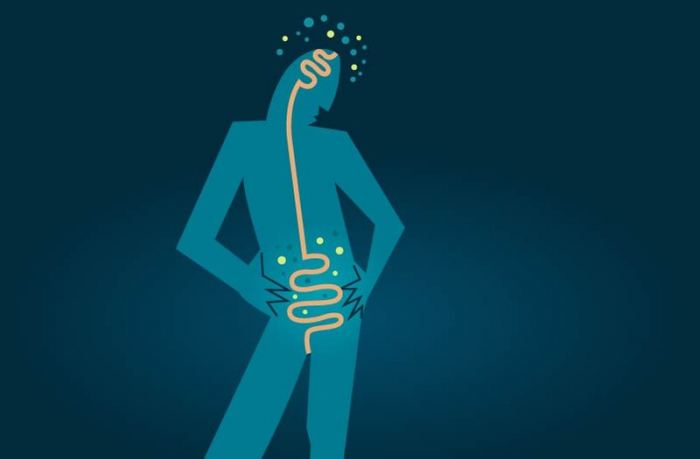Whether we are taking an exam or trying to select the perfect candidate for a job, we make plenty of decisions where we sometimes have a gut feeling about the answer. Should we question that instinct or go with it?
When instant answers just appear to pop into our minds, the Nobel prize-winning behavioural economist Daniel Kahneman refers to this as "System 1" or fast thinking. This contrasts with the slower, more considered "System 2" thinking, where we actively consider our options before coming to a conclusion.
Intuition tends to get a bad reputation as something that’s flaky and based on no evidence. A careful analysis of all the options is surely more likely to give us the right answer? Not necessarily. Our gut instincts are not always as random as they seem. They can be based on a rapid appraisal of the situation. We might not always realise it, but the brain is constantly comparing our current situation with our memories of previous situations. So when a decision feels intuitive, it might in fact be based on years of experience.

Some decisions require fast thinking when there is not time to weigh up all the options before reaching a conclusion (Credit: Getty Images)
The problem with fast thinking is the existence of dozens of different cognitive biases which can lead us towards the wrong answer: we tend to be over-optimistic; we prefer simple solutions; we notice and remember information that confirms what we already think; and we favour continuing down paths in we’ve already invested time or money in.
Take job interviews, for example. Despite most companies still relying on them, there is ample evidence that standard interviews are not a good way of selecting the best candidate. Too many of our own biases come into play, and the people who we really like and “feel” will be just right, are often the people most like ourselves, rather than the best people for the job. But despite all these biases and more, there are times when fast thinking serves us well and can even be logical.
Some people are better at making intuitive judgements than others. The problem is that a meta-analysis of studies on this has shown that we are not very good at judging the veracity of our intuitions – just because you think you’re someone who’s good at it, you might not be.

Research has suggested that students are quite good at judging their own uncertainty over an answer on a multiple choice test (Credit: Getty Images)
So when your intuition sends you in one direction it’s worth assessing the situation more coldly. Could any of these cognitive biases be sending you astray? What are the arguments for the other option? Do you have real expertise in this area? Are you rushing into a decision just to get it over with? Could you wait to see what happens next?
There is also a phenomenon known as the first instinct fallacy. This is the belief that instinctive answers are more likely to be right – that in a multiple choice test, for example, you should stick with your first thought and not change your mind later. But is that really true? Psychologists at Albright College in Pennsylvania in the US studied students’ answers in multiple choice exams, exploring how confident they were in their first instinctive answers and why they sometimes went back to revise them.
The good news was that the students were quite good at judging their own uncertainty about an answer. Most of the time when they revised their answers, it was the right decision. But when they felt most uncertain about an answer yet stuck with it, more than half the time it was wrong. So, it’s not your initial instincts about the answer that you should stick with, but your instincts for your confidence in that answer.
When students were taught to rate their confidence about every answer on a scale and then only to change the answers with a low confidence rating, their scores improved.
Sometimes it seems you really can trust your gut when it comes to decision making – as long as your instincts are telling you that you should feel confident in that choice.
BBC
More about: gut
















































